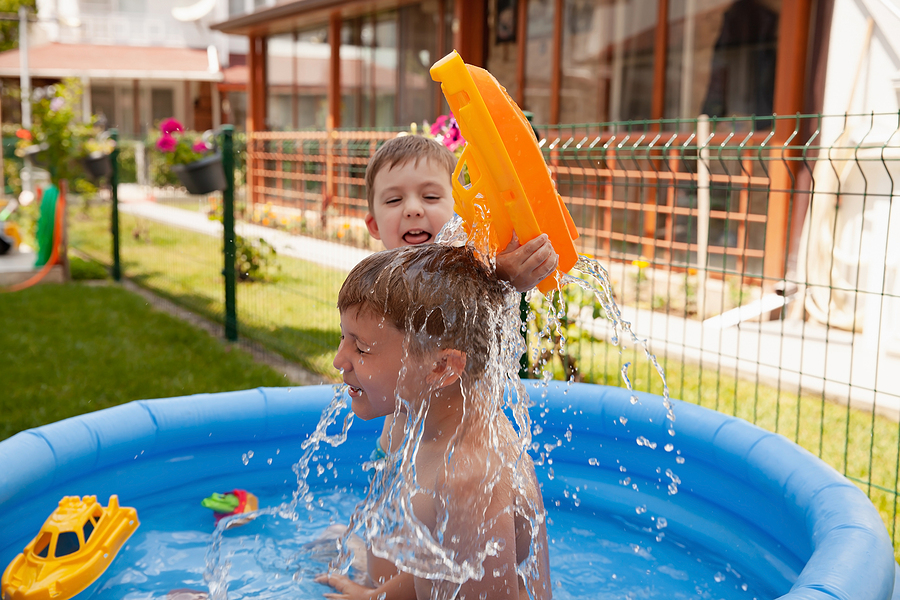Everyday Tips
Everyday Tips
Find tips that I learned over the years that you might find helpful. From methods to protect your ear to sleeping, adaptability is vital to a safe and happy life.
Sound Localization
Sound localization is reliant on hearing, the ability to discern the vibrations of which direction a sound is coming from. People with aural atresia will have difficulties with sound localization.
Perseverance
By having aural atresia, you will face challenges that others simply cannot relate to. You can overcome these obstacles and be the best you possible!
%
Everyday Tips
Swimming
Whenever you go swimming, it’s a good idea to pack some waterproof earplugs in your bag. I don’t use them all the time, but I find that if I’m doing serious swimming (like laps around a pool) water gets into my ear very easily. Moreover, if I jump into the water sideways, I prefer to land on the side with my closed ear. If water does happen to clog my ear, I try to tilt my head sideways and shake it out as soon as possible, because the longer you wait the more risk of getting an infection. I believe parents should regularly check your ear for any clogged water to prevent possible infections.
Showers
During showers, most people have to constantly worry about water getting in their ears, but I let the water fall onto my closed ear side so I don’t have to worry about that as much. I guess it comes with some perks after all! I tend to always get water in both my ears after a shower, and the sensation of water being in my closed ear tends to irritate me a lot. So I lightly dry them out with a small towel or Q-tip, making sure to get the indented, hard to reach parts first (as that is where dirt and water build up). Remember, even though you don’t have an ear canal, it’s still important to clean your ear!


Biking
Whenever you ride a bike, always be extra aware of your surroundings, especially if you are on a busy road. It can be very hard to hear an incoming car behind you, so you should check behind you constantly. Coming from personal experience, I have a tendency to get over confident in my hearing ability, only to be surprised that there is a car driving right behind me! Always look over your shoulders and check all directions before you cross (whether you’re on a skateboard, bike, etc.) the road. At night, extra precaution should be taken, and I recommend getting a reflector to let cars see you in low lighting. Drivers may not always be expecting someone on the road, and they certainly won’t be aware that I may have trouble hearing them. I haven’t gotten my driver’s license yet, but I will be sure to add a section about driving once I do.
Classroom Seating
It can be hard coming to terms with this, it was for me, but if you have hearing problems, I have found that it was best for me to notify some of my teachers. If you’re young, you can ask your guardians to tell your teacher privately about your hearing disability. I remember I didn’t want to tell them, but it turned out to be very beneficial. By telling you teacher, they can better understand your challenges and what accomodations should be made. I know it can be annoying to sit near the front, but trust me it’s definitely worth it and it puts you in the best position to hear the teacher, videos, etc. I still have difficulty hearing specific things in noisy situations, but with time I learned to better adapt. So especially if you’re young and it’s a noisy environment, don’t be scared to let your teacher know, and if it bothers you, you can always tell them to maintain discretion. I had good relationships with my teachers, so I told them to keep my hearing problems discrete, and make up some excuse as to why I had to sit in the front.

Contact Us:
Get in Touch
Email:
auralatresia@gmail.com